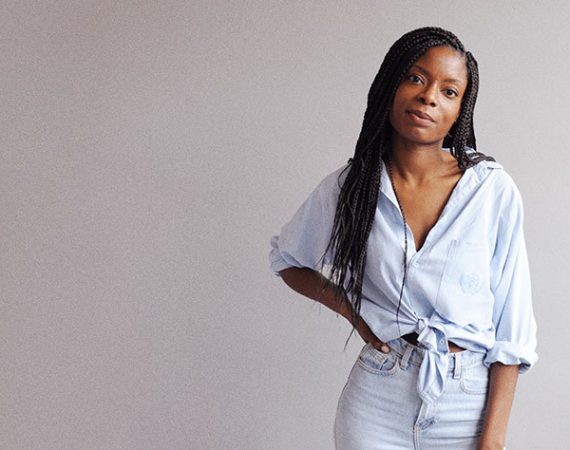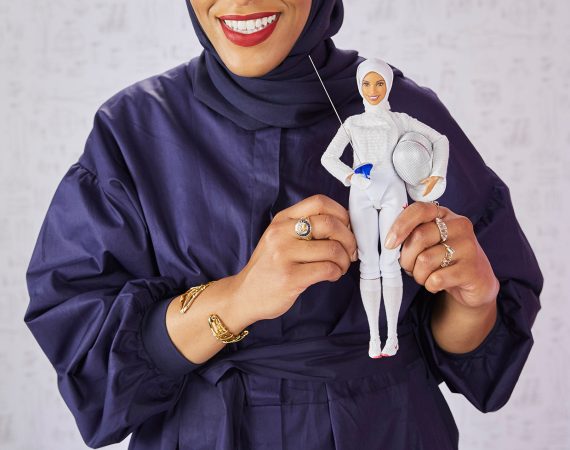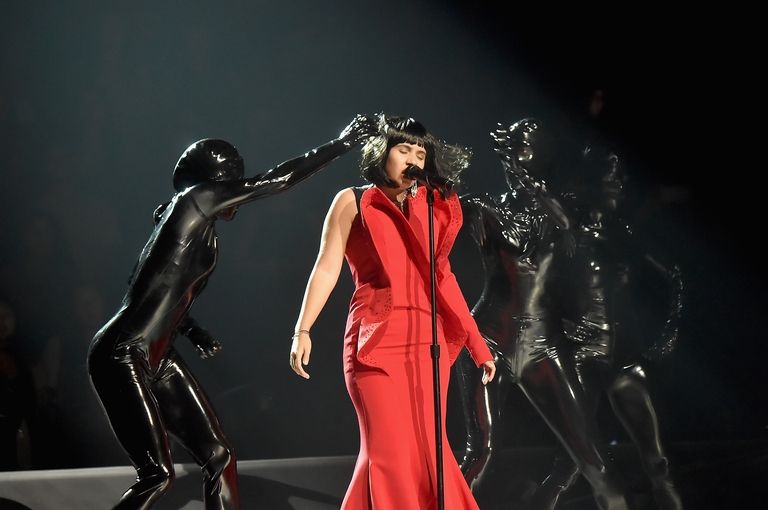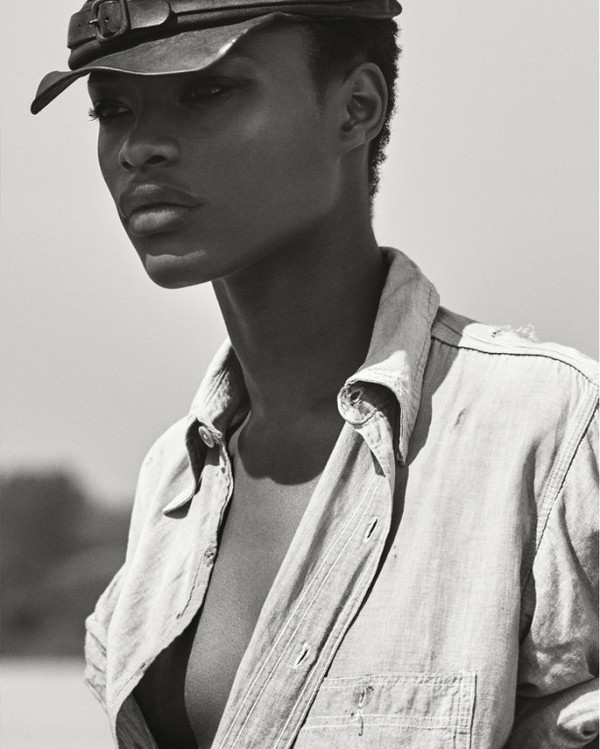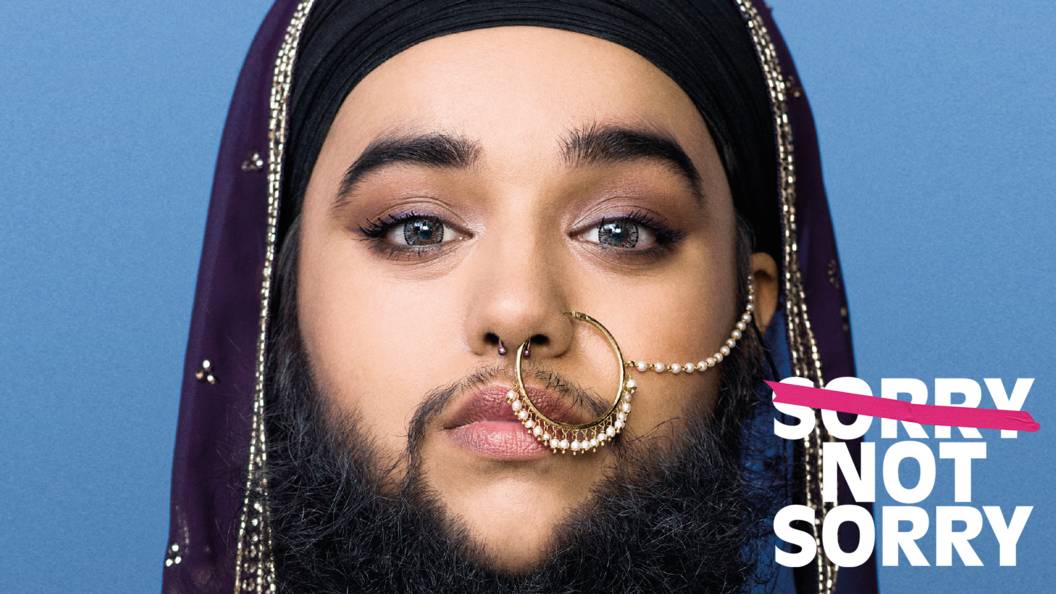New year celebrations and resolutions are an integral part of our lives.
We anticipate them months in advance, create plans, draw up lists and prepare expectantly. This is because a new year signifies hope, a chance to start again, a reset of sorts. The New Year is also synonymous with resolutions. We at The Other Style have decided to start our journey into fashion and lifestyle journalism with one resolution- ditch unethical fast fashion.
In the last ten years, fashion has completely changed, almost at par with the astronomical pace that technology has changed our lives. It also made fast fashion possible.
So what is fast fashion?
This refers to all fashion designs and trends that are quickly adopted from the runway to the store. Good examples of this is the Carrot Jean trend of 2013. The Pleather trend which began in 2010, even though several alternative circles like rock bands had already been wearing them for decades. Most recently the Structured Sweat pants went fast from obscure oddity to menswear staple in 2015.

The fashion trends that dominate our lives each year come from a long and very distinct cycle. Designers, influenced by fashion trendsetters create trends that are shown twice a year in one of the four major fashion weeks (Milan, Paris, London and New York).
The world’s major retailers as well as several other fashion influencers attend these shows and pick out the design styles, colours, print patterns and accessories that are repeated across the shows, and these designs become the trends for the year. The retailers then make orders from the designers, based off these trends and the ability of fashion influencers to make these trends desirable. It then takes another four to six months (depending ont the designer’s manufacturing process) for these trends to become actual dresses. Or so was the case.
High fashion is expensive, and a majority of the buying public is poor. So to compete some fashion retailers drop out of the high fashion business, and become ‘high street’ retailers (a fancy word for the business district of a town). They produce their own variations of these trends, at much lower qualities to reduce their manufacturing time and cost and sell these lower versions to their target buyer; you.
At the start of high street retailing, the retailers were content making cheap, badly made blouses and shirts that sold for N800 -N5000 but fell apart in a few months. The buyers knew what they were getting into. But as the business (and profits grew) and buyers of high fashion shrank, more and more retailers decided to become high street retailers. Competition meant that many of these brands had to give more to stand out, but keep prices low. This led to unethical fast fashion.
The clothes that pass for high street fashion these days from brands like Zara, H&M, Top Shop and ASOS are of much higher quality than they were sold for ten years ago. They are also very cutting edge, riding on the latest trends straight from the runway. But they are still sold between N5,000 – N25,000, only a fraction of what they should actually cost. This is the problem with clothes and accessories like this; they might sell them to you cheap, but that is because someone else is paying the full price for your N11,000 leather skirt.
To keep their prices low, and make ridiculous amounts of profit, these companies outsource the production of their clothes to third world countries where women and children forced into slavery make them, working as many as 20 hours a day for about N15,000 a month cramped in small, unsanitary factories. Certainly cheaper than the average Nigerian cleaner/house help. These companies also use the cheapest methods to make these clothes; using dyes that contain cancer causing chemicals, dumping their post-production chemical waste instead of disposing it efficiently (which is expensive) and they find ways to circumvent inspection of their clothes by regulatory bodies by shipping them to you directly from those third world countries.
This is a lot to have on your conscience, because you want to save five thousand Naira on a cheap shirt.
But this is not even why we are ditching unethical fast fashion. We are ditching unethical fast fashion because it simply isn’t sustainable.
The trends we love so much are the brain work of intelligent designers who spend a lot of time working to create these wonderful clothes. Their ideas are stolen from them and sold to us with the false assumption that we deserve their ideas for cheaper. We do not.
We simply don’t.
So this new year, we at The Other Style encourage you, to cut down on unethical fashion, in any guise and vote with your wallets.
We know we will.







